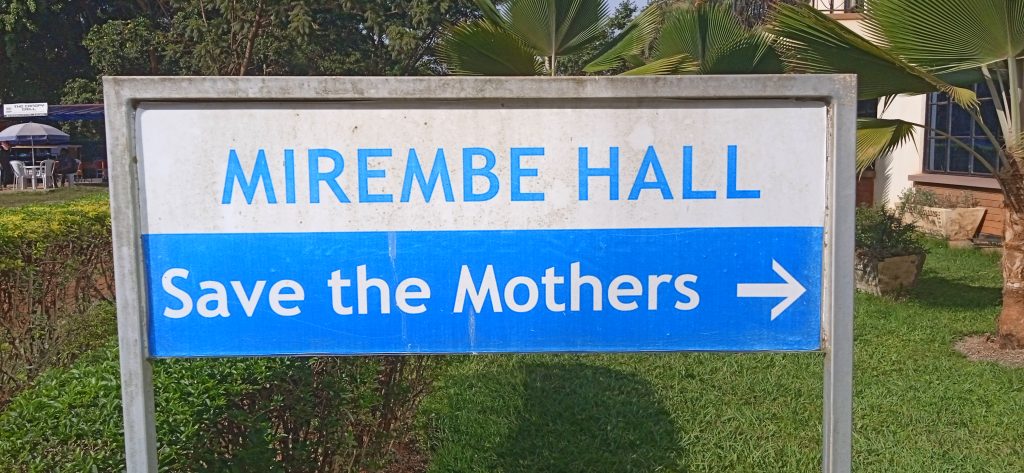By Eriah Lule
On the night of June 19, 2007, Moab Luwedde, an alumnus of Uganda Christian University (UCU) Law, experienced a life-changing event. His wife went into labor and gave birth at the back of his Toyota Noah van. They were on their way to Mukono General Hospital for postnatal care when tragedy struck. Both the mother and child passed away, leaving the 28-year-old Moab a widower.
According to a research article published on the Communication Blog by Geoffrey Babughirana and his colleagues, Uganda currently has a maternal mortality ratio of 336 deaths per 100,000 live births. Additionally, the infant mortality rate in Uganda is 43 deaths per 1000 live births, with 42% of these deaths occurring during the neonatal period, which is the first four weeks of a child’s life.
A very profound reason justified Dr. Jean Chamberlain Froese’s, a Canadian obstetrician/gynecologist from McMaster University, cause to establish Save the Mother’s Organization in UCU that promotes maternal health in the developing world through education, public awareness, and advocacy. Based in Uganda and North America, Save the Mothers is part of a global movement to improve the health of mothers and babies.
In order to create awareness and lasting change, Dr. Chamberlain Froese worked with Ugandan colleagues (Prof. Florence Mirembe, Dr. Pious Okong, and Olive Sentumbwe-Mugisa) and founded Save the Mothers (STM). He also designed a program called Masters in Public Health and Leadership.
In the program, these working professionals learn why mothers in their country are dying, how they can make a difference in their spheres of influence, and how they can network with other societal leaders to champion change.
In one of her interviews, Dr. Miriam Mutabazi, the former director of Save the Mothers and dean of the Faculty of Public Health and Midwifery, asserted that, with such rising maternal mortality rates in the country, institutions like Save the Mothers come into play to equip people from different professional backgrounds to be watchful of this turbulence.
She further noted that training people in different professions helps to increase awareness and service delivery in terms of capacity building of the members of the community rather than always waiting for qualified medical professionals.
March 8th is recognized as International Women’s Day, which is a global celebration of the achievements of women. International Women’s Day recognizes the invaluable contributions that women make to society, acknowledges their achievements, and calls for continued action towards gender parity. It is a day that provides an opportunity to celebrate the accomplishments of women and to advocate for gender equality in all areas of life.
This year’s theme is Digital Innovation and Technology for Gender Equality,” but Dr. Emily Comfort Maractho, the Director of African Policy, still calls to prioritize maternal health as we celebrate Women’s Day.
In her article on March 6, 2023, in the Daily Monitor, Maractho noted that giving birth appears to be the one thing that still stands in the way of many young women’s career growth and development. That is something to fear: a first child ending one’s life or putting a long hold on their career. Because even those who become mothers still have a lot to deal with.
We underestimate the barriers that many women face on the basis of their gender that might push them off work. When you think of the number of women who die giving birth per day and year, not because of any serious sickness but just giving birth, it makes you angry.
She further noted that this week we will be celebrating International Women’s Day. And there will be pages on end celebrating the achievements women have made. And it will be the usual stories of progress, the number of women in leadership, and so on.
Luwedde believes that we belong to a banana republic, where if you need something done, you become part of the solution to fight a problem.
After 16 years of legal practice, Luwedde is preparing himself to enroll in the Master of Public Health and Leadership program to as well lend a hand where it is necessary to fight the maternity mortality rate in the country.


